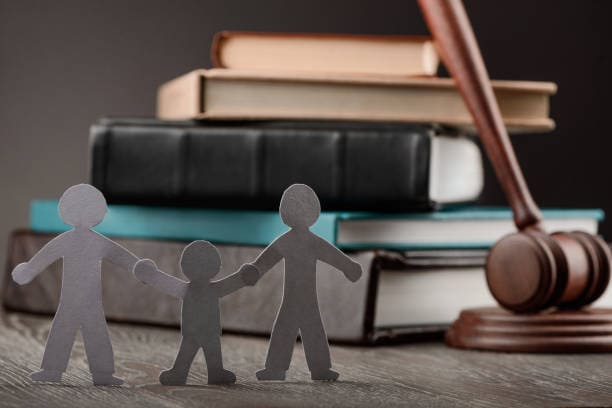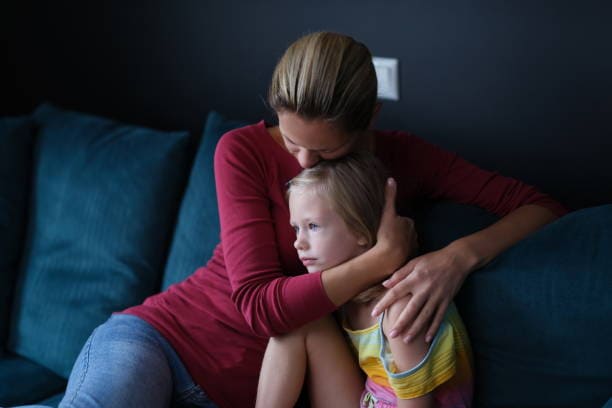The Convention on the Civil Aspects of International Child Abduction, or the Hague Convention, is an international treaty. It aims to provide a framework for the prompt return of children who have been wrongfully removed or retained across international borders by one parent. This results in violation of custodial rights of the other parent. In Australian family law, parental child abduction is a serious issue.
The Hague adopted the Convention on October 25, 1980. Numerous countries worldwide have ratified the Convention. Its primary objective is to secure the prompt return of children to their country of habitual residence. In the habitual residence, appropriate authorities can determine custody issues.
The Convention seeks to prevent the harmful effects of child abduction and ensure the protection of children’s rights.
Key provisions of the Convention on the Civil Aspects of International Child Abduction
- Central Authorities: Each signatory country (such as Australia) must establish a Central Authority. This is responsible for implementing and coordinating the Convention’s provisions within their jurisdiction. Central Authorities act as a point of contact for parents and facilitate the return of children. In Australia, the Central Authority is the Australian Government Attorney–General’s Department.
- Return of Child: The Convention’s central principle is the prompt return of a child who has been wrongfully removed or retained. The process aims to restore the child’s pre-abduction status quo. It also allows the competent authorities in the child’s home country to determine custody and access arrangements. Read about recovery orders here.
- Habitual Residence: The Convention recognises the concept of “habitual residence.” Habitual residence refers to the country where the child has regular and settled residence before the wrongful removal or retention. It is a determining factor for establishing jurisdiction in cases of child abduction.
- Exceptions: The Convention provides limited exceptions to the mandatory return of a child. These exceptions include situations where:
- there is a grave risk that the child’s return would expose them to physical or psychological harm, or
- if the child is old enough and objects to being returned.
- Cooperation and Judicial Assistance: Signatory countries must cooperate with each other in implementing the Convention’s provisions. This includes facilitating the return of children, exchanging information, and providing judicial assistance in custody proceedings.
By establishing a uniform legal framework and promoting international cooperation, the Convention aims to:
- resolve child abduction cases in a timely and orderly manner,
- protect the rights and welfare of the children involved, and
- discourage the use of international borders to gain an advantage in custody disputes.
Family Law Act and Convention on the Civil Aspects of International Child Abduction
Part XIIIAA of the Family Law Act 1975 deals with:
- international conventions,
- international agreements and
- international enforcement.
Division 2 under this Part is about international child abduction. Section 111B of Division 2 outlines points in relation to the Convention on the civil aspects of international child abduction.
Section 111B Family Law Act
Subsection (1) states that regulations can enable Australia to fulfil its obligations under the Convention on the Civil Aspects of International Child Abduction. These regulations should not come into effect until the Convention is in force for Australia.
(1A) The regulations mentioned in subsection (1) can include provisions regarding the burden of proof in cases where a child should not be returned under the Convention.
They can also establish rebuttable presumptions in favour of returning a child and address the role of a Central Authority that represents someone applying for a parenting order if the child is not to be returned under the Convention.
(1B) The regulations made for this section must not consider an objection by a child to return under the Convention unless the objection demonstrates a strength of feeling beyond ordinary wishes or preferences.
(1C) A Central Authority (as the regulations define) can arrange for the placement of a child who has been returned to Australia under the Convention with a suitable person, institution, or body to ensure the child’s welfare until a court makes an order regarding the child’s care, welfare, or development.
(1D) The Central Authority has the authority to do so despite any court orders made prior to the child’s return to Australia.
(1E) Any regulations made to give effect to Article 21 (rights of access) of the Convention can have an effect regardless of whether another country has made an order or determination regarding access rights for the child, when the child was removed to Australia, or whether the child was wrongfully removed or retained in Australia.
Additional Subsections of Section 111B
(2) Due to amendments that Family Law Reform Act 1995 made:
- a parent or guardian is no longer explicitly stated to have custody of the child;
- a court cannot make an order under this Act expressed in terms of granting a person custody of, or access to, a child.
(3) Subsection (4) clarifies the implications of the changes that subsection (2) mentions for the Convention. Its sole purpose is to address doubts regarding these changes.
(4) This subsection establishes rights of custody and access in the context of the Convention. It states that each parent has rights of custody unless a court order removes parental responsibility.
It also considers individuals with whom a child is to live or who have parental responsibility as having rights of custody. Additionally, it recognises individuals who have parental responsibility for the child’s care and those with whom the child is to spend time or communicate as having rights of custody or access.
(5) Parties must not understand Subsection (4) as a comprehensive statement of the circumstances in which a person has custody or access rights under the laws of the Commonwealth, States, and Territories concerning the Convention.
(5A) Subsections (1A) and (2) to (5) do not limit subsection (1) by implication.
(6) Expressions used in this section have the same meanings as in Part VII of the legislation.

Seeking Legal Advice from Family Lawyers
Dealing with international parental child abduction is extremely stressful. At JB Solicitors, our leading family lawyers have experience in dealing with matters that involve the Hague Convention. Our competent team can help you achieve the best possible outcome for any matter you are dealing with.
In case of child custody disputes, we offer market-leading mediation and family dispute resolution services enabling you and your former partner to reach mutually agreeable decisions.
Contact our team today.
